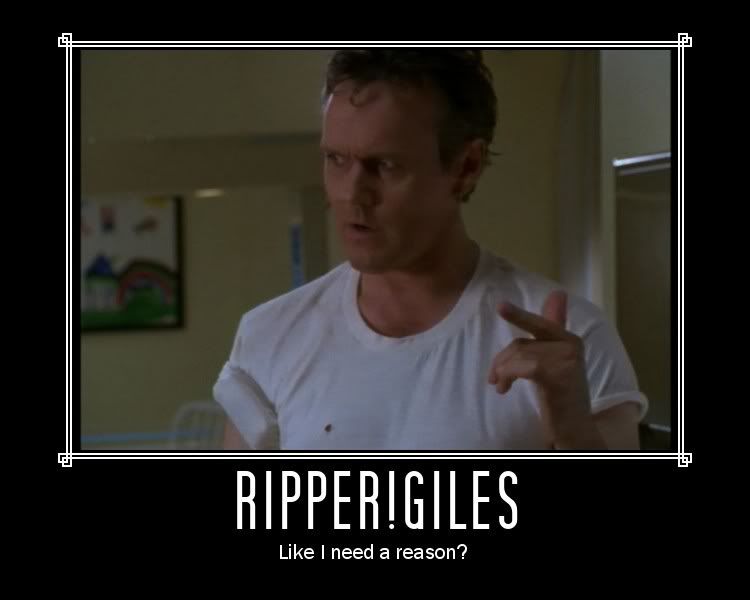See, I thought I'd try to get around my writer's block by writing the scene AFTER the opener, so as to alleviate the block I always have for the first page of a story. And yes, I was able to write, but now that I'm going back...
Can I just say how much I hate writing the first five pages? It's so intimidating. We all know that we need the perfect opening hook, line, paragraph, lede, lead.... I mean, entire writing books are devoted to the subject ("Hooked" and "The First Five Pages" come to mind, and yes, I own both books).
Here's the list of the do's and don't's that I've culled over my many years of reading writing books and now, agent blogs:
Tips for writing the First Page:
- You can't start with a character waking up.
- You can't start with a slow description about the weather - unless it's all foreshadow-y and moody, and you've published before. (Or you've cheated with an exciting prologue, but that's playing with fire too)
- You can't start with a slow description about the setting (unless you're a 19th century author, or previously published with legions of followers).
- You could start with dialogue, but some people hate dialogue openings. I'm one of them.
- You could start with action, but not too much action or you'll confuse the reader and fail to connect.
- You want to have a character with voice, but too much and it looks like you're trying to hard.
- Or you're too gimmicky.
- You could start with description of another character... but not too much. See the above on the dangers of too much description.
- Avoid prologues. Like the plague. People hate them. No, really. They really do.
- And the list goes on.
Now, don't get me wrong. I'm glad they pointed out all those overused, or problematic first line openers. I just wish I could forget it long enough to let the story flow.
But dagnabbit. Sometimes ignorance really is bliss.
-k.






